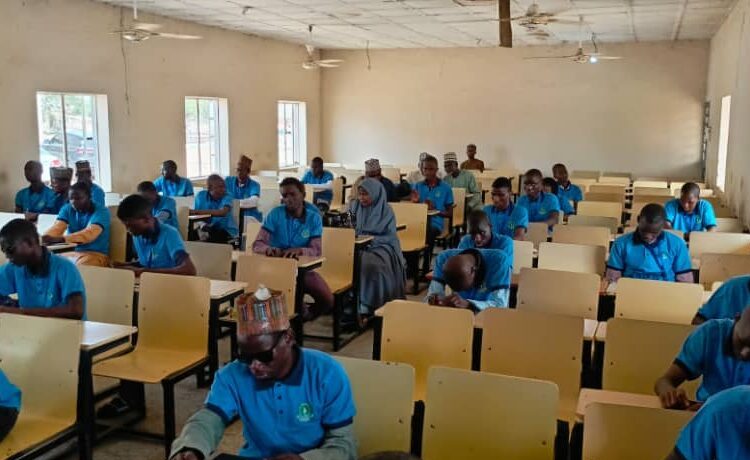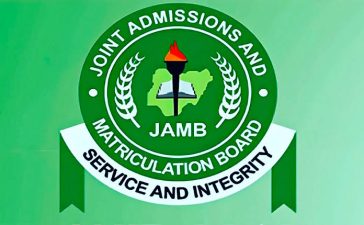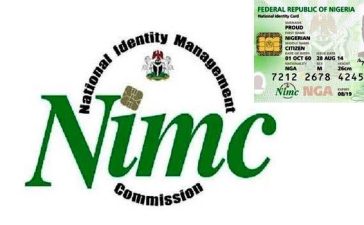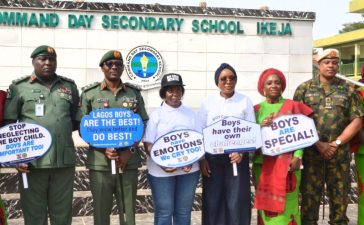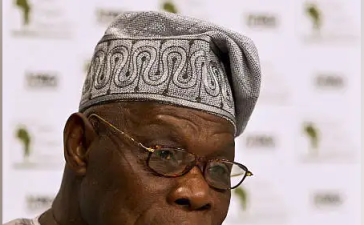In a remarkable move towards inclusive education, the Federal Government, through the Joint Admissions and Matriculation Board (JAMB), has sponsored 37 visually-impaired candidates to sit for the Unified Tertiary Matriculation Examination (UTME) in Bauchi State.
The candidates, drawn from Bauchi, Borno, Gombe, and Yobe states, were provided with full sponsorship covering transportation, accommodation, feeding, and logistics. This initiative falls under JAMB’s Equal Opportunity Group (EOG) programme, specially designed for candidates with visual impairments.
Speaking at the UTME centre in Bauchi on Tuesday, Professor Hadiza Bazza, Deputy Coordinator of the UTME Centre for the Blind at the University of Maiduguri, described the initiative as part of the government’s broader effort to provide equal educational access for persons with disabilities.
She stated that the programme, which began in 2017, was championed by JAMB Registrar, Professor Ishaq Oloyede, who recognized the potential of disabled candidates if given the right support.
“He saw that there are many persons with disabilities who, if given the opportunity, can perform excellently instead of ending up on the streets begging,” Bazza explained.
She further highlighted that the examination is free of charge for all blind candidates and expressed hope that awareness campaigns would reach more communities, encouraging increased participation.
Meanwhile, Bauchi State Commissioner for Education, Dr. Lawal Mohammed, praised JAMB’s efforts and called on parents to actively support their children, especially those with disabilities. He assured that the state would intensify awareness campaigns to improve enrollment.
Echoing similar concerns, Commissioner for Information and Communication, Usman Shehu, noted that while the government had invested heavily in education infrastructure, low enrollment persisted—especially among people with disabilities. He promised a state-wide awareness campaign in partnership with the Ministry of Education and SUBEB.
This unified commitment highlights a significant step toward a more inclusive and accessible educational system for all Nigerians, regardless of physical limitations.

